Breathe Easy: Top Tips for Improving Your Home’s Air Quality
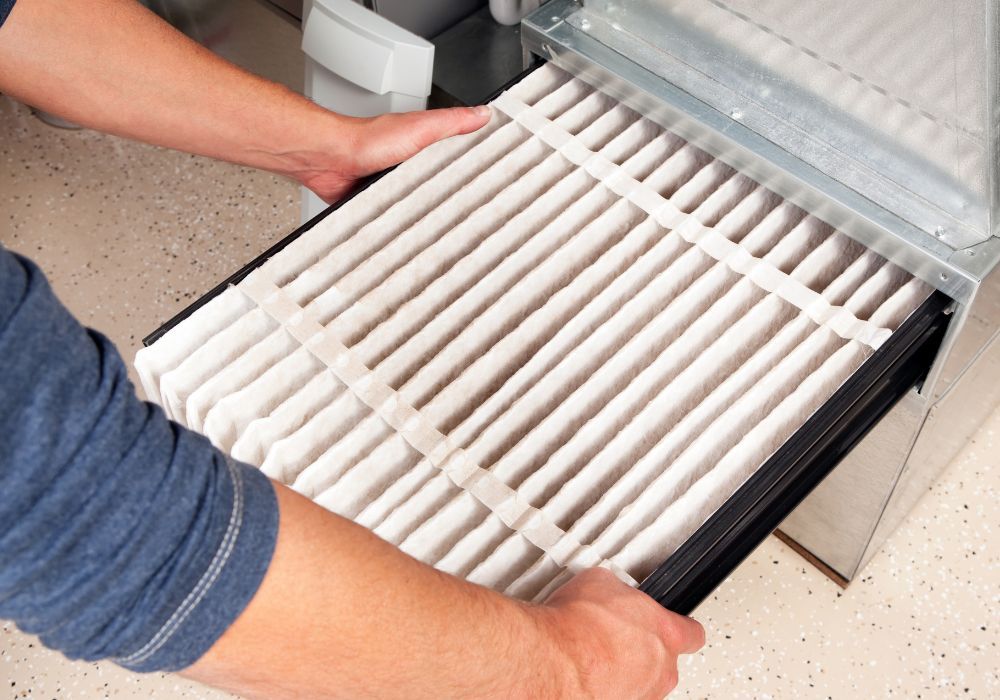
Table of Contents
ToggleThere are several steps you can take to improve the indoor air quality in your home based on three best practice strategies of: controlling the sources of pollution; insuring there is adequate ventilation; and, using supplemental air cleaning and filtration. Indoor air quality is a pivotal factor that can significantly influence our health, comfort, and overall quality of life so it’s essential to never overlook the silent yet crucial aspect of our well-being.
With the rising concerns about pollutants that pervade our living spaces—from the unseen menace of dust and pollen to the more insidious threats like volatile organic compounds (VOCs)—ensuring clean, breathable air inside our homes has never been more important.
In this comprehensive guide, we delve into the world of indoor air quality. You will discover the various sources of indoor pollutants that could compromise the air in your home. We understand that the quest for purer air can seem daunting, so this blog is dedicated to providing you with practical and effective tips to enhance the air quality in your home.
Whether it’s through maintaining your HVAC system, improving ventilation, or installing an air quality monitor, our goal is to equip you with the knowledge and tools you need to create a healthier indoor environment.
Understanding Indoor Air Quality
Indoor air quality (IAQ) is a term that encompasses the overall cleanliness and healthfulness of the air within and around our living spaces. It’s determined by the concentration of pollutants, the presence of allergens and chemicals, and factors like humidity and ventilation. Good IAQ is essential not just for comfort, but also for maintaining good health, as we spend a considerable amount of time indoors. Common Indoor Air Pollutants include:
- Dust and Dust Mites: Tiny particles that accumulate on surfaces and in textiles, contributing to allergic reactions and respiratory problems.
- Pollen: Often brought into homes through open windows or on clothes, pollen can trigger allergies.
- Pet Dander: Tiny, sometimes microscopic, flecks of skin shed by cats, dogs, rodents, birds, and other animals with fur or feathers, which can provoke allergic reactions.
- Mold Spores: Thriving in damp environments, mold can release spores that aggravate allergies and asthma.
- Volatile Organic Compounds (VOCs): Emitted as gases from certain solids or liquids, VOCs include a variety of chemicals, some of which may have short- and long-term adverse health effects. Common sources are paints, cleaning supplies, and office equipment like printers.
If you have poor indoor air quality and have pollutants circling through your HVAC system, it can cause serious harm to the health of you and your family. The effects of poor IAQ can range from short-term irritations to long-term respiratory diseases. Immediate effects, which are usually treatable, can include irritation of the eyes, nose, and throat, headaches, dizziness, and fatigue. These can be mistaken for colds or other viral diseases. However, long-term exposure to polluted indoor air can lead to serious health issues like respiratory diseases, heart disease, and even cancer. Particularly at risk are individuals with pre-existing respiratory conditions, such as asthma or chronic obstructive pulmonary disease (COPD).
Understanding these elements of indoor air quality is the first step in taking control of the air you breathe at home. As we move forward, we’ll explore how you can actively improve your indoor air, enhancing both the comfort and health of your living environment.
Regular Maintenance Of HVAC Systems To Help Indoor Air Quality
Your home’s HVAC (Heating, Ventilation, and Air Conditioning) system plays a pivotal role in maintaining indoor air quality. It’s not just about heating or cooling your space; it’s also about circulating and filtering the air you breathe. Regular maintenance of these systems is essential for ensuring they function efficiently and effectively.
Over time, air filters can become clogged with pollutants, reducing their efficiency and potentially circulating poor quality air. There quite a few things you can do to maintain your HVAC System including:
- Regular Filter Changes: Change your HVAC filters regularly. The frequency depends on various factors, including the type of filter, your usage, whether you have pets, and the number of occupants in your home. A general rule of thumb is to change them every 30-90 days.
- Professional Inspections: Have a professional inspect and service your HVAC system annually. They can check for any issues that might affect its performance or air quality, such as leaks or blockages in the ductwork.
- Choosing the Right Filters: Not all air filters are created equal. Look for filters with a higher MERV (Minimum Efficiency Reporting Value) rating, as these can trap smaller particles more effectively. However, ensure that your HVAC system can handle higher-rated filters as they may restrict airflow in some systems.
By keeping your HVAC system well-maintained, you’re not just prolonging its life and ensuring efficient operation; you’re also taking a significant step towards improving the air quality in your home. Next, we’ll explore how enhancing ventilation can further aid in maintaining a healthy indoor environment.
Enhancing Ventilation To Improve Indoor Air Quality
Effective ventilation is a key element in maintaining good indoor air quality. It involves the exchange of indoor air with fresh outdoor air, which is essential for reducing the concentration of airborne pollutants in your home. Proper ventilation not only helps in removing pollutants but also plays a crucial role in controlling humidity levels. This is particularly important as high humidity can lead to mold growth and increase the presence of indoor pollutants.
The importance of proper ventilation cannot be overstated. It is essential for removing or diluting airborne pollutants within your home. Additionally, it aids in moisture control, thereby reducing the chances of mold growth and pest infestations. To achieve natural ventilation, you can simply open windows and doors to create a cross-flow of air that brings in fresh air and expels stale air when the weather is pleasant enough. Additionally, using exhaust fans in high-moisture areas like kitchens and bathrooms can help in removing odors, humidity, and pollutants that are generated from activities like cooking and showering.
Regular maintenance of these ventilation systems is also crucial. This includes cleaning filters and checking for blockages, ensuring that the systems function effectively and contribute positively to the indoor air quality. By enhancing ventilation in your home, you can create a healthier living environment. However, it’s important to remember that ventilation is just one aspect of improving indoor air quality. The next section will explore how controlling humidity levels is another critical factor in maintaining a healthy indoor environment.
Controlling Humidity Levels
Maintaining the right level of humidity in your home is a crucial aspect of ensuring good indoor air quality. There is an ideal indoor humidity level that is optimal for your home. When humidity levels rise above 50%, it creates an ideal environment for mold and mildew growth. These organisms thrive in moist conditions and can lead to a host of health problems, especially for those with allergies or asthma. High humidity can also encourage the proliferation of dust mites and cxcess moisture in the air can lead to a musty odor and cause damage to your home’s structure and furnishings.
On the other hand, when the humidity drops below 30%, the air can become too dry. This can cause discomfort such as dry skin, irritation of the respiratory tract, and can exacerbate conditions like eczema and psoriasis. Low humidity can also increase static electricity in your home and can damage wooden furniture and musical instruments by causing them to crack. By effectively controlling the humidity in your home, you not only make your living space more comfortable but also prevent a range of air quality issues.
Professional Air Quality Services
Reducing indoor pollutants is a critical aspect of maintaining healthy air quality in your home, and professional indoor air quality services play a vital role in this endeavor. These services often include advanced filtration systems and air quality monitors, which go beyond the basic measures to provide a more comprehensive solution.
Advanced filtration systems, especially those integrated into HVAC systems, are designed to trap and remove a wide range of airborne particles, including dust, pollen, pet dander, and even microscopic pollutants. These systems use high-efficiency filters, like HEPA filters, which are capable of capturing tiny particles, significantly improving the air quality. Professional installation ensures that these systems are properly fitted to your home’s HVAC system, maximizing their efficiency and effectiveness.
Air quality monitors are another important tool offered by professional services. These devices continuously assess the air in your home, measuring various parameters such as particle concentration, VOC levels, and humidity. By providing real-time data on your home’s air quality, these monitors can help identify specific problems, like high levels of certain pollutants or inadequate ventilation. Some advanced monitors can even be integrated with smart home systems, allowing for automatic adjustments in ventilation or air purification based on the air quality readings. This smart technology enables a proactive approach to managing indoor air quality, ensuring a consistently healthy environment.
Professional indoor air quality services often also include regular maintenance and assessments, which are crucial for sustaining high air quality standards. Professionals can conduct thorough inspections of your home’s air quality systems, ensuring they are functioning optimally and making recommendations for improvements or upgrades. This might include regular filter changes, duct cleaning, or adjustments to your home’s ventilation system.
By relying on the expertise and equipment of professionals, homeowners can be assured that their indoor air quality is not only being monitored but actively managed to provide the healthiest and most comfortable living environment possible.
Indoor Air Quality Services Near You
The air you breathe inside your home can have a significant impact on your health and well-being. Indoor air pollution is a common issue that can cause a range of health problems and Summit Air Conditioning & Heating is your trusted partner for all of your air quality needs in Las Vegas.
At Summit Air Conditioning, we offer state-of-the-art air quality services including Filtration and Air Quality Monitors. Monitors can detect a range of pollutants, including mold, dust, and volatile organic compounds (VOCs). Our experienced technicians can install the monitor in your home and provide recommendations on how to improve your indoor air quality based on the data collected.
Our expert technicians use high-quality filters to remove harmful pollutants and allergens from your home, helping you breathe easier and stay healthy. With our expert installation and maintenance services, you can rest assured that your family is breathing the cleanest air possible.
Frequently Asked Questions About Indoor Air Quality
How often should I replace the filters in my home air purification system?
The frequency of filter replacement can vary depending on the type of filter you use and your home’s air quality. Generally, filters should be changed out every 90 days or when the seasons change. However, if you have pets, smoke indoors, or live in an area with high pollution, you may need to replace them more frequently.
Can indoor plants really improve air quality?
Yes, indoor plants can contribute to improved air quality. They absorb carbon dioxide and release oxygen through photosynthesis. Some plants can also remove trace levels of toxic vapors from the air, although they should not be solely relied upon to significantly improve air quality.
Is it worth investing in a professional indoor air quality assessment?
Investing in a professional indoor air quality assessment can be beneficial, especially if you have persistent health symptoms like allergies or asthma that might be related to indoor air quality. Professionals can identify specific pollutants and offer tailored solutions to improve the air quality in your home.
Other Blogs You May Be Interested In
Categories
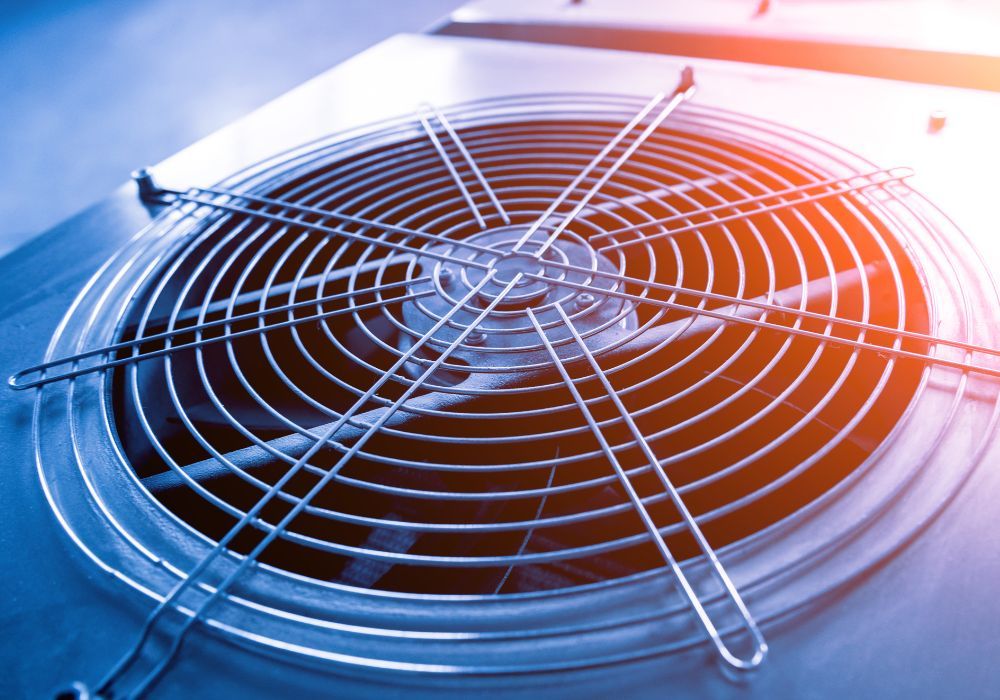
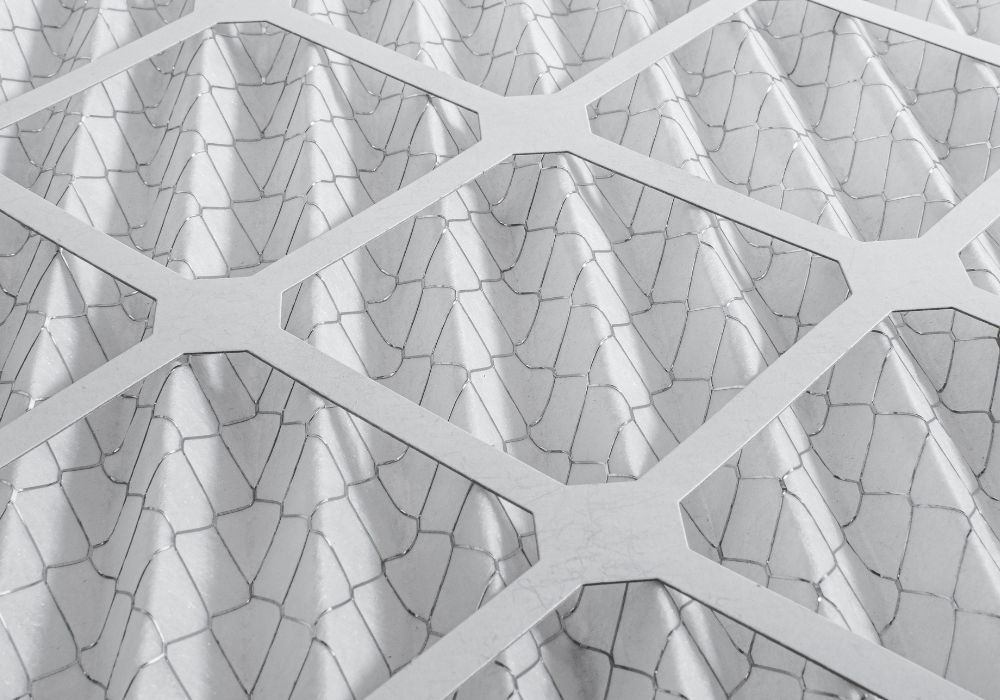
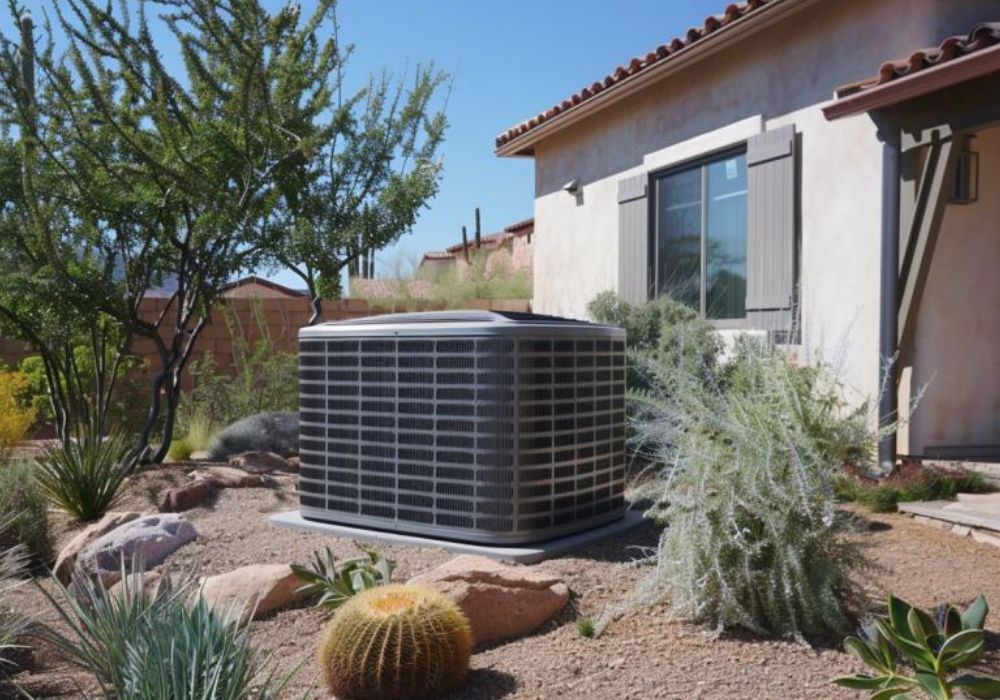
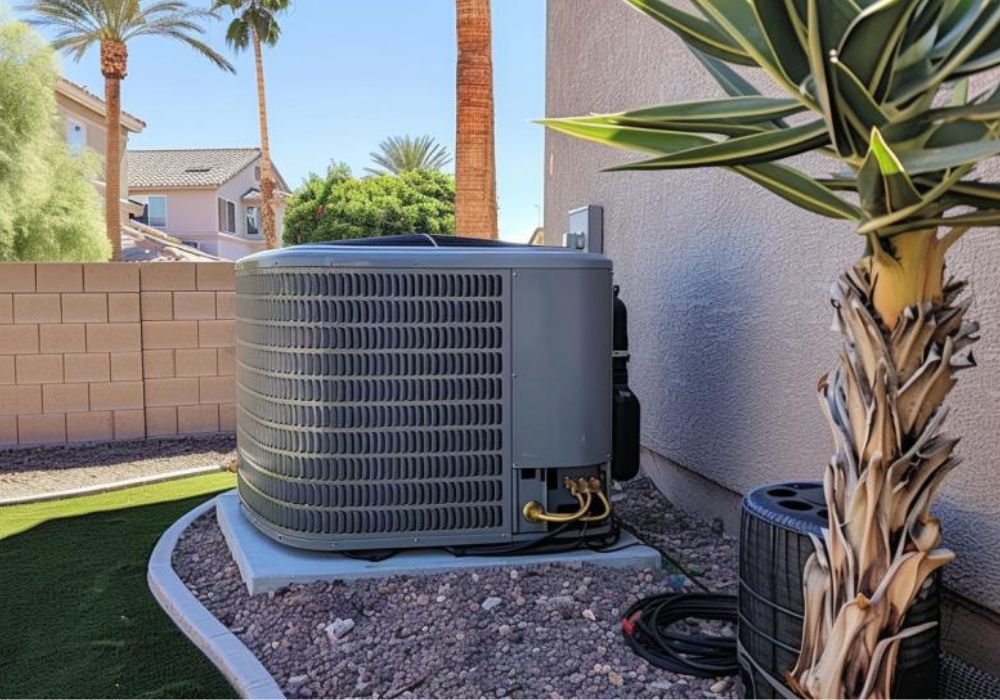
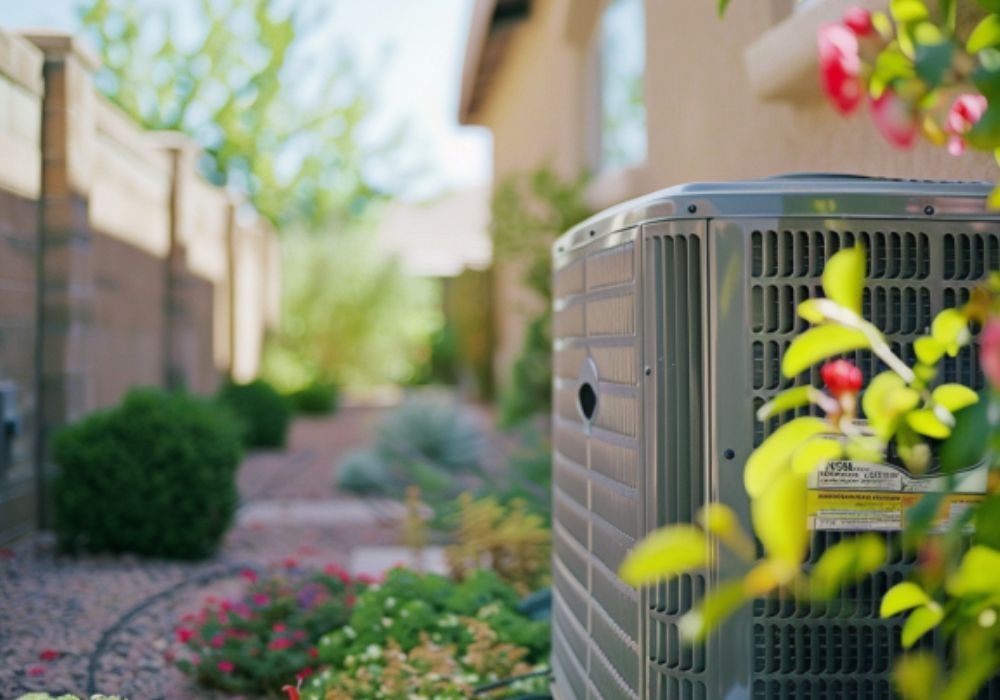
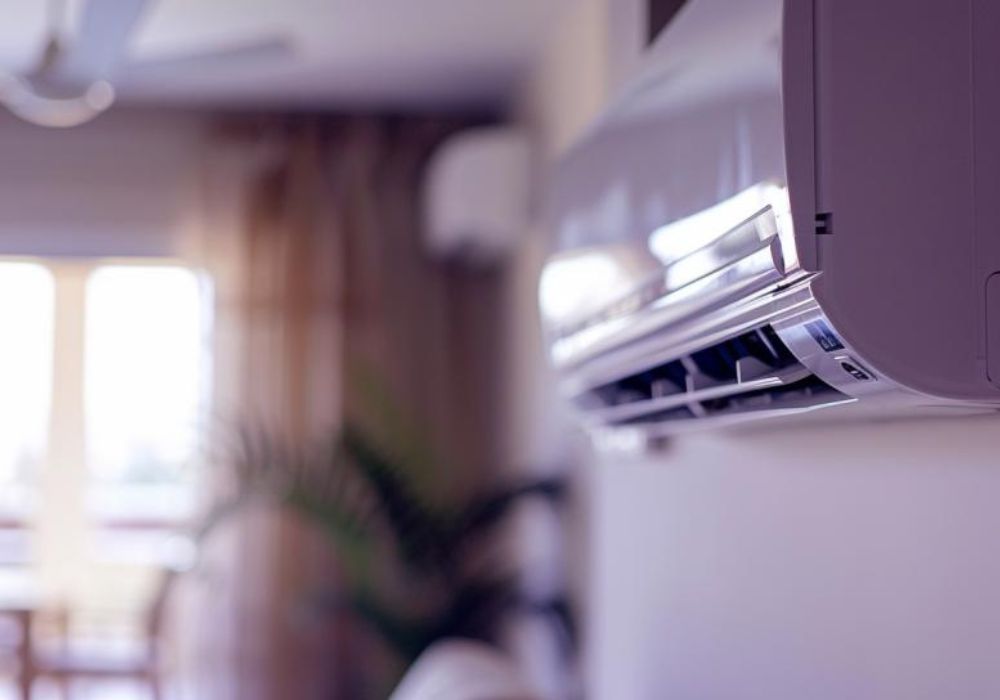
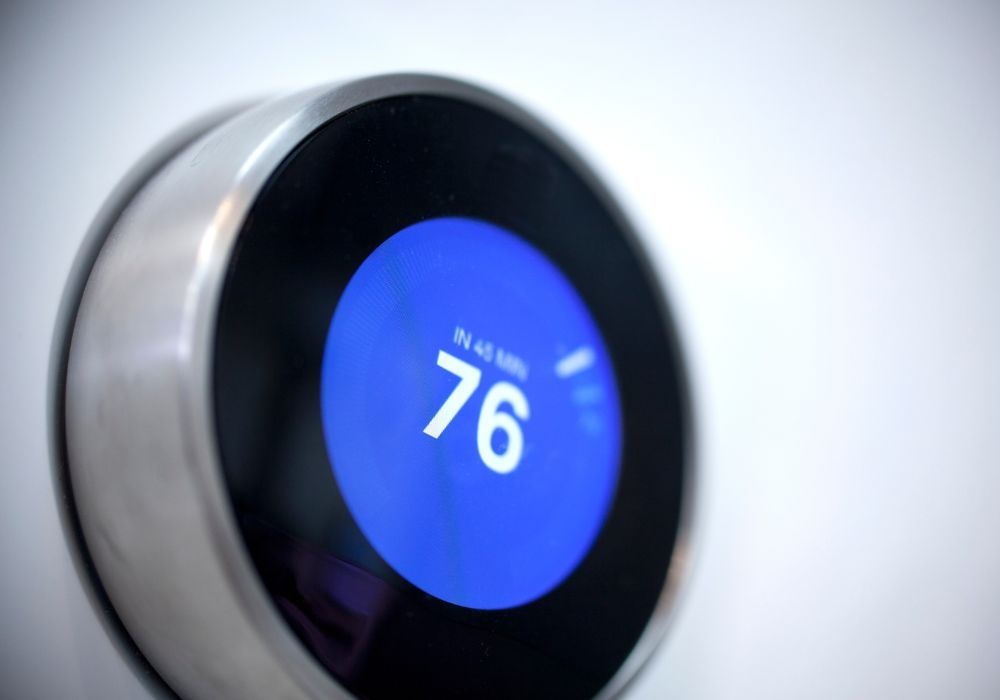
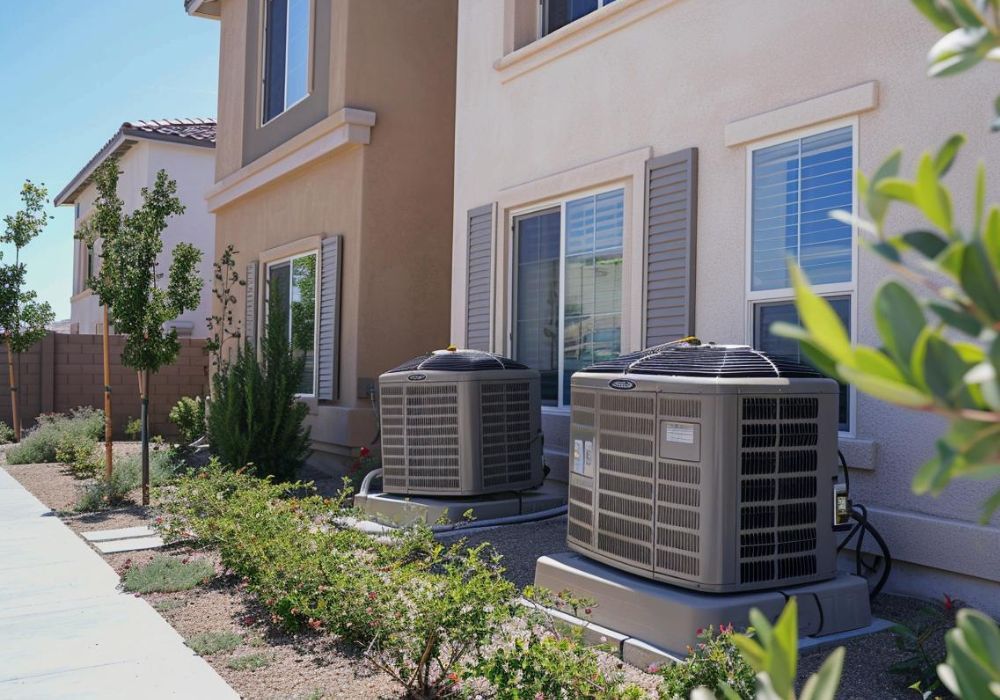
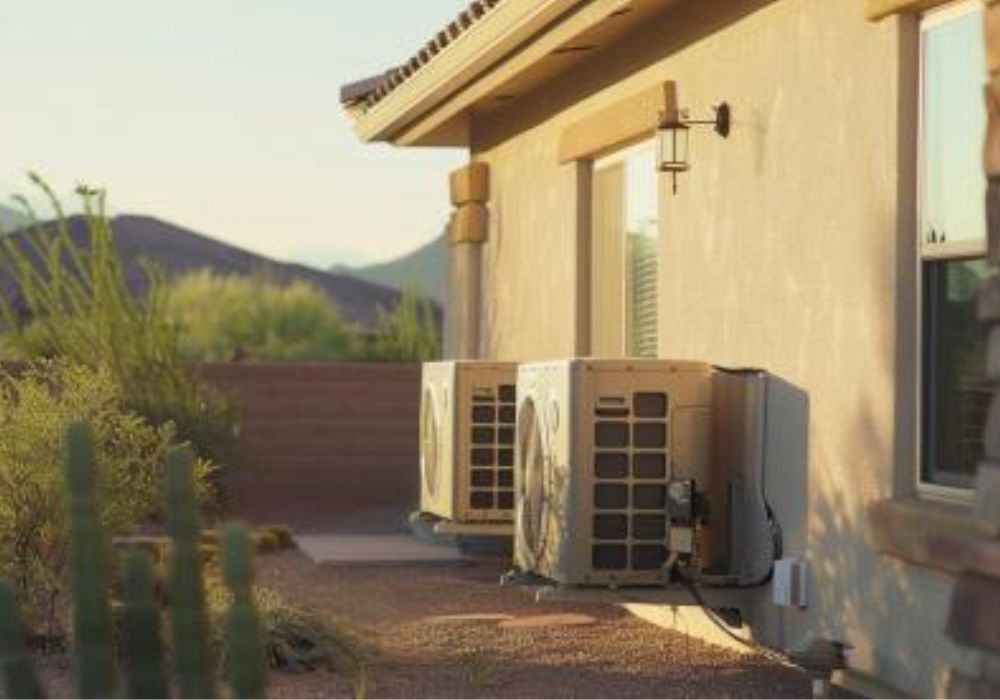
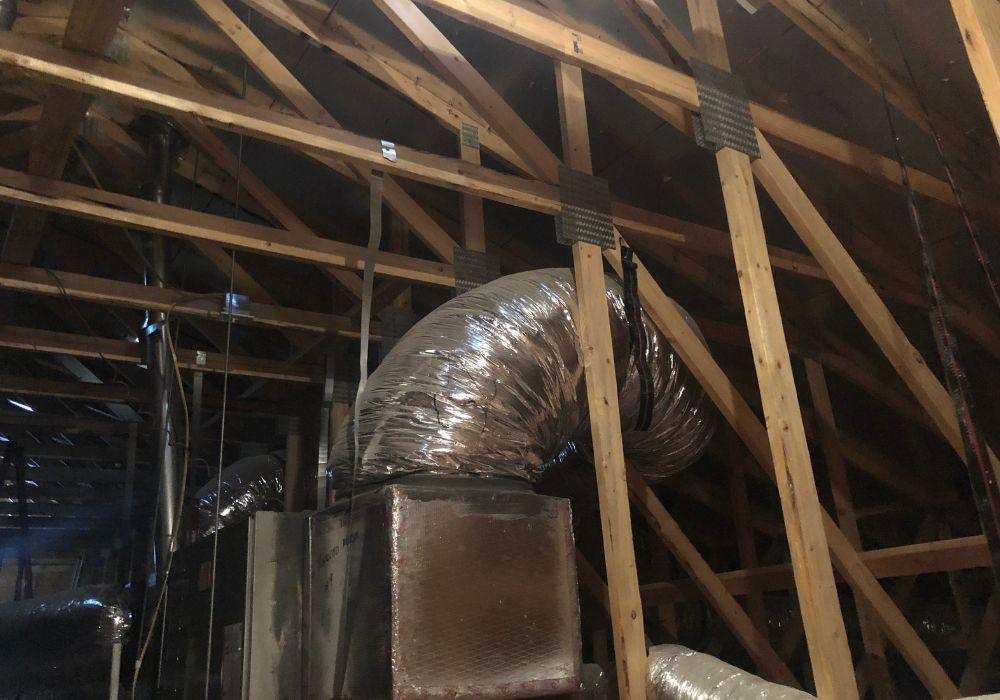
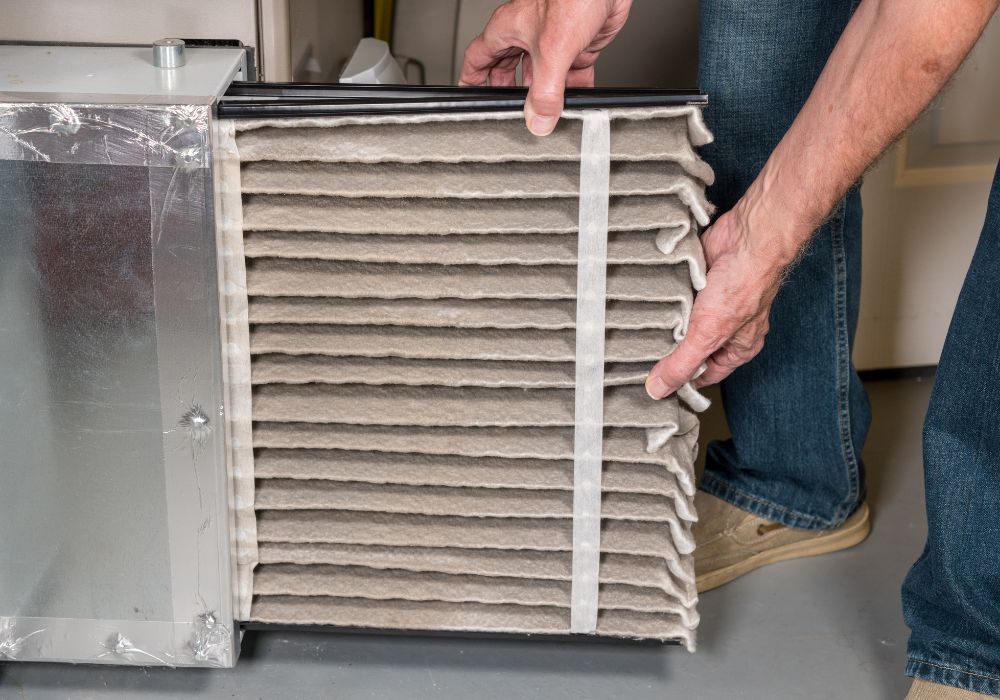
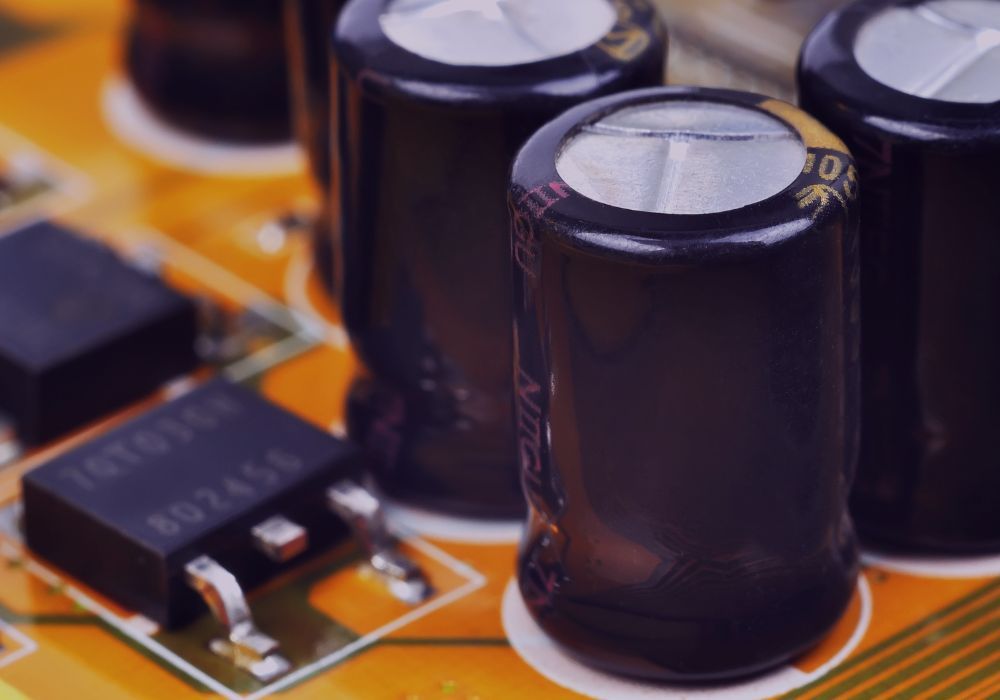
Leave a Reply